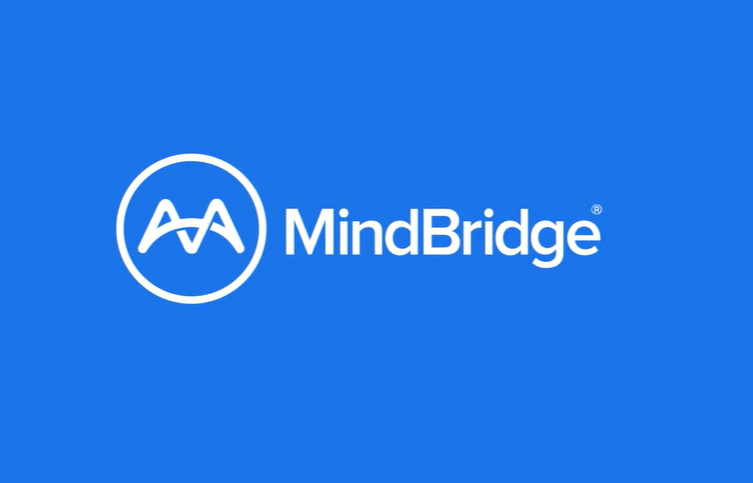—
About one fifth of small businesses in the U.S. aren’t using any form of bookkeeping software or online apps to manage their business, according to a new survey. The “Success Through Accounting Study” from B2B network provider Viewpost, showed that 18 percent of SMBs do not use accounting software, while only one in five (21 percent) have integrated their accounting software with an invoicing and payments product. While one in four businesses plan to integrate their accounting with invoicing and payments by the end of 2017, over a quarter (27 percent) have no plan in the near future for a streamlined, end-to-end payments process.
“Having spent my career in credit and payments across positions at Bank of America, LSQ Funding and Viewpost, it wasn’t a surprise to me that small businesses continue to struggle to truly understand their bottom line,” said Max Eliscu, CEO of Viewpost. “That said, the survey brought clarity to the point—the numbers are simply staggering. Small businesses continue to be highly dependent on spreadsheets, manual data entry and the postal service. They lack both connectivity to their trading partners as well as automation to help reconcile and understand their cash flow. Starting and running a small business is hard enough. Knowing when and if you are going to be paid shouldn’t make the journey more difficult.”
Of those SMBs that do use an accounting software product, the QuickBooks software product group is by far the most popular—43 percent of decision makers report using a desktop version of the software, and another 28 percent use QuickBooks online. The next most popular product was Micsoft Dynamics GP Desktop (five percent), followed by Sage Desktop Products (three percent). Other products cited by about two percent of respondents were NetSuite, FreshBooks and Xero.
An overwhelming majority (68 percent) of companies revealed that they had concerns about integrating their accounting software with an invoicing and payments product. The biggest concern was security (38 percent), followed by the cost (35 percent) and the amount of time required to learn the software (18 percent). Other reasons included the difficulties in learning new software and even trusting technology itself.
These results were surprising considering that more than half (53 percent) of CEOs and CFOs believe it is important to integrate accounting software with an invoicing and payments product. In fact, finance professionals say the top five benefits of integrating accounting software with an invoice and payment product are that it:
- Improves real-time reporting and tracking of invoices and payments – 65 percent
- Makes them better and more efficient at their job, freeing up time – 50 percent
- Helps avoid costly manual errors – 44 percent
- Centralizes and tracks all historical invoices and remittance data – 38 percent
- Improves cash flow management decisions – 31 percent
Nearly half (49 percent) of respondents say ease of use and number of features are equally important when considering an integrated solution; however, 35 percent say ease of use is more important.
“Our takeaway from the Success Through Accounting Study is that small- to medium-sized businesses continue to need simpler solutions for the administration of their business. A baseline understanding of cash flow is first on the list. Viewpost’s open and secure B2B network for invoicing and payments is a key driver to that end. Small businesses simply don’t have the time to track down invoices and payments, let alone reconcile and post cash. Viewpost hits these burdens squarely between the eyes to the benefit of small businesses everywhere.”
Thanks for reading CPA Practice Advisor!
Subscribe Already registered? Log In
Need more information? Read the FAQs



